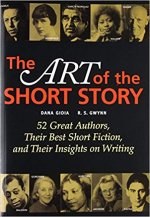bilby
Fair dinkum thinkum
- Joined
- Mar 6, 2007
- Messages
- 40,712
- Gender
- He/Him
- Basic Beliefs
- Strong Atheist
A Very British Coup by Chris Mullin.
The story ofJeremy Corbyn Harry Perkins, a very left-wing Labour Party leader who becomes Prime Minister, and the plot between the British establishment and the CIA to remove him by whatever means necessary.
https://en.wikipedia.org/wiki/A_Very_British_Coup
The story of
https://en.wikipedia.org/wiki/A_Very_British_Coup

